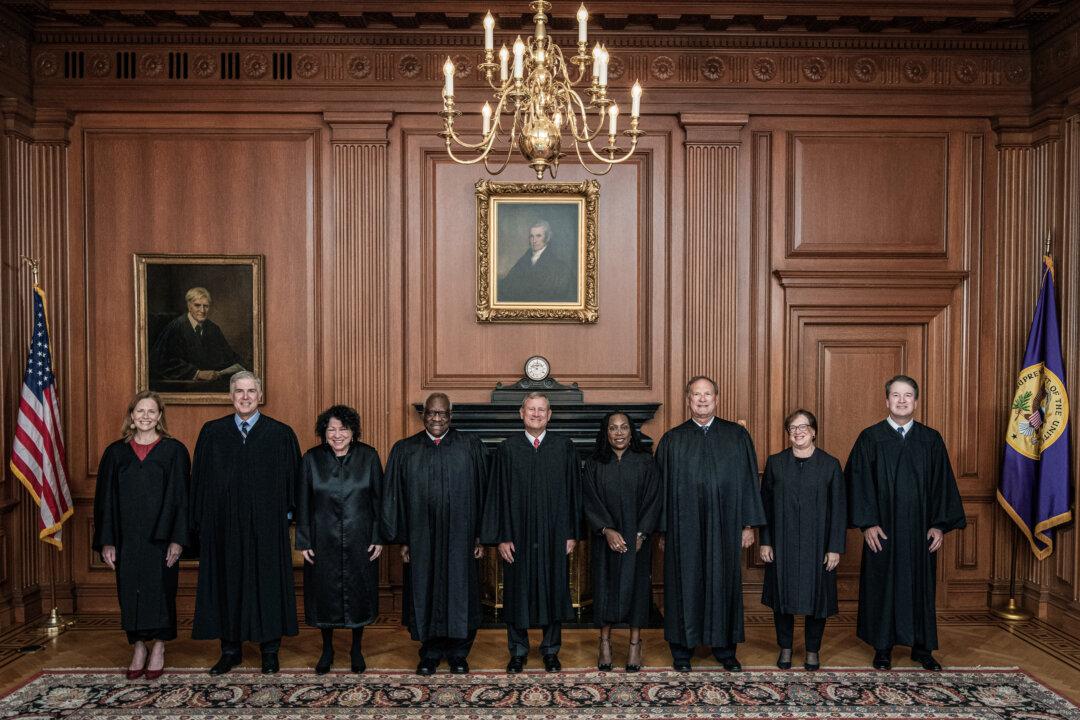U.S. Supreme Court Justice Brett Kavanaugh defended rulings deemed unpopular at the time, noting that many such decisions have gone on to become landmark judgments accepted as part of contemporary American life.
During a conference on Friday attended by judges and other court staff from the 5th U.S. Circuit Court of Appeals, Justice Kavanaugh was asked about the Supreme Court’s divisive rulings and how courts and judges can help improve people’s confidence in the judiciary. He pointed out that some of the court decisions from the 1950s and 60s were hugely unpopular when they were issued, like the ruling that ended segregation in public schools. “The Warren court was no picnic for the justices. … They were unpopular basically from start to finish from ’53 to ’69,” he said.





